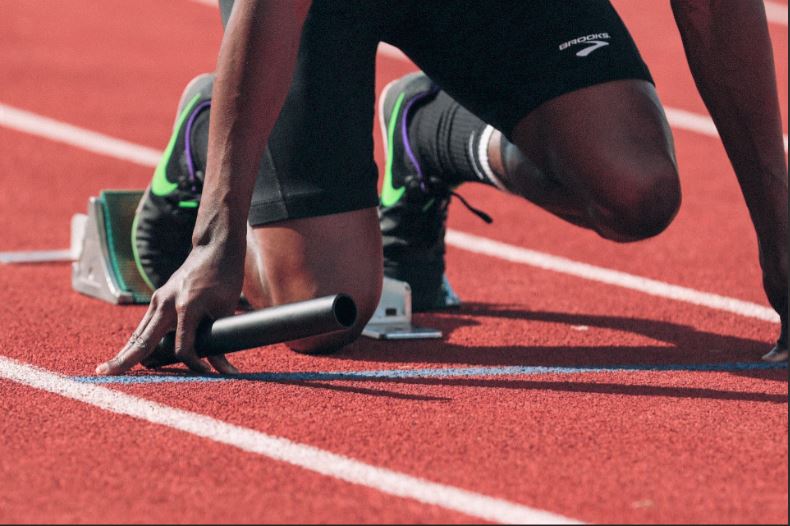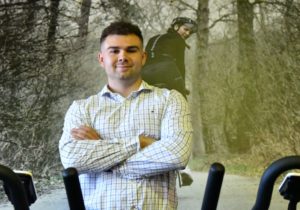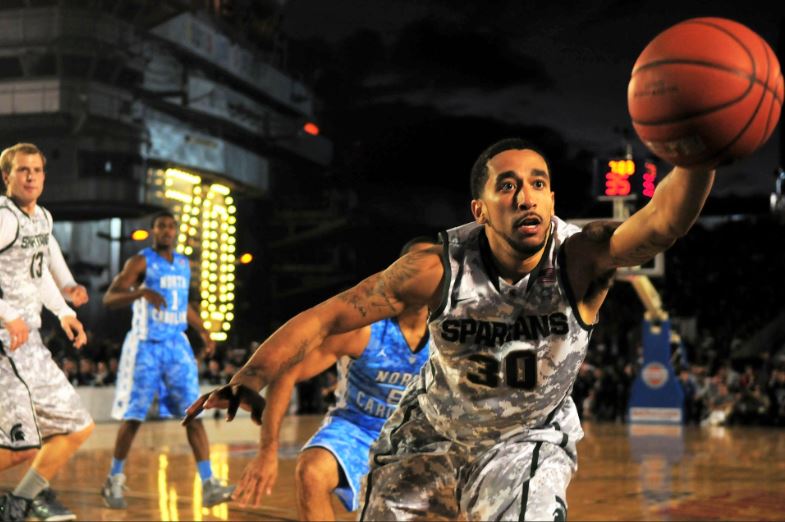
An international study led by Flinders University is looking to create targeted support for athletes’ mental health and sleep once they retire or step down from their peak sporting life.
Years of gruelling training, physical and psychological conditioning, injuries and concussion can lead athletes to have trouble with sleep, mental health, self-harm and even suicide after their sporting careers wind up.
Now Flinders University researchers are conducting global research into creating more supports to ease athletes’ transition to retirement, with including the risks facing up to one-third of current and former athletes who battle with anxiety and depression.
“While sleep and mental health are important aspects of human health, these disorders can be overlooked or undiagnosed in sport because of a negative stigma or perceived repercussions of seeking help,” says first author Ashley Montero, a PhD candidate at the College of Education, Psychology and Social Work at Flinders University.
“Evidence suggests that athletes are disproportionately affected by mental health issues and sleep problems, with many factors and pressures contributing to their psychological distress.

“After demanding training times, travel and the stresses of competition, many athletes face major hurdles when they retire – particularly if injury or other factors mean they have to retire involuntarily when they are often psychologically unprepared for this drastic lifestyle change.”
The ongoing study aims to assess the incidence and types of sleep and mental health disorders exist within the sporting population to fill in gaps in data available across different sports and competition levels and genders in sport.
Lead investigator Ashley Montero, also a researcher at the Adelaide Institute for Sleep Health at Flinders University, says athletes might fail to report sleep and mental health issues due to their lack of knowledge of where or how to get support.

“Once we gain these parameters, we can help develop earlier interventions in the transition to retirement and more targeted therapies to improve their welfare – including one-on-one consultations with therapists or group training exercises after retirement.”
More than 700 athletes from around the world have volunteered to take part in the to help provide comprehensive insights into sleep and mental health issues and the prevalence of these issues between current and retired athletes.
Professor Murray Drummond, from Flinders University’s Sport, Health, Activity, Performance and Exercise (SHAPE) Research Centre, a co-supervisor of Mr Montero’s PhD study, says research outcomes would inform education strategies, safeguarding athletes from these disorders by reducing negative stigmas associated with help-seeking in sport and ultimately increase self-guided treatment.
Flinders University Professor Robert Adams, another expert involved in the study, says the research could also validate tools to accurately measure sleep and mental health issues among athletes and allow early identification of potential disorders before they manifest.
The article, ‘,’ 2022 by Ashley Montero, David Stevens, Robert Adams and Murray Drummond has been published in Frontiers in Psychology 10.3389/fpsyg.2022.868614




